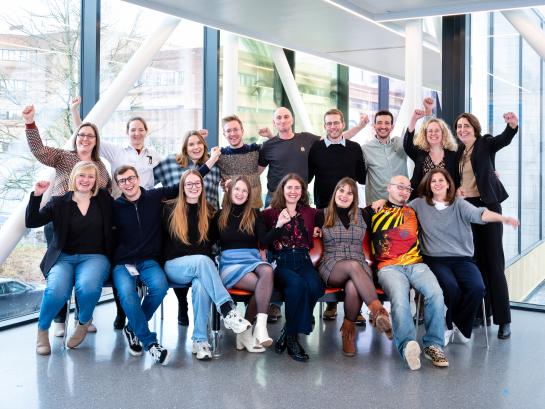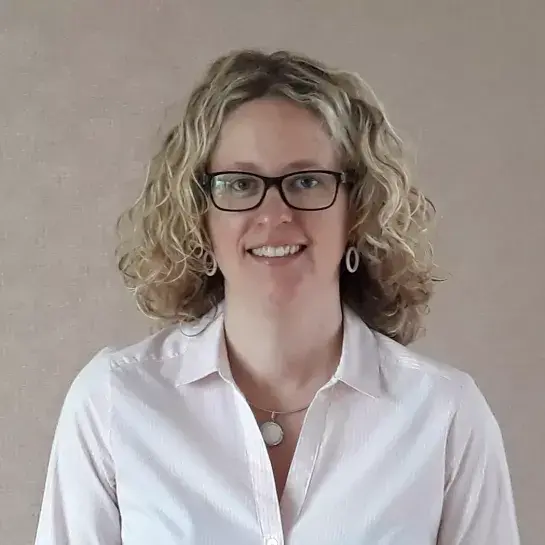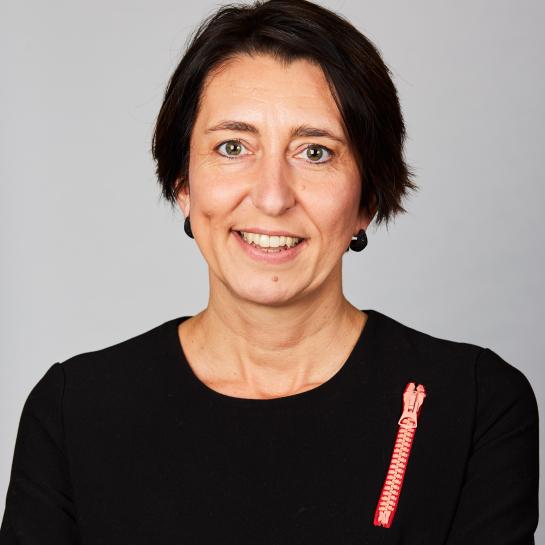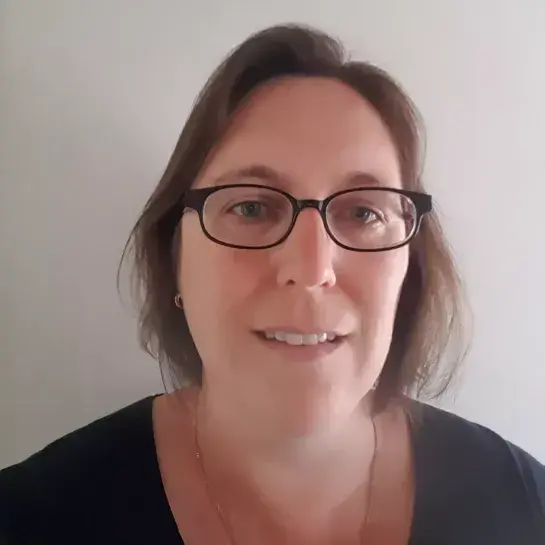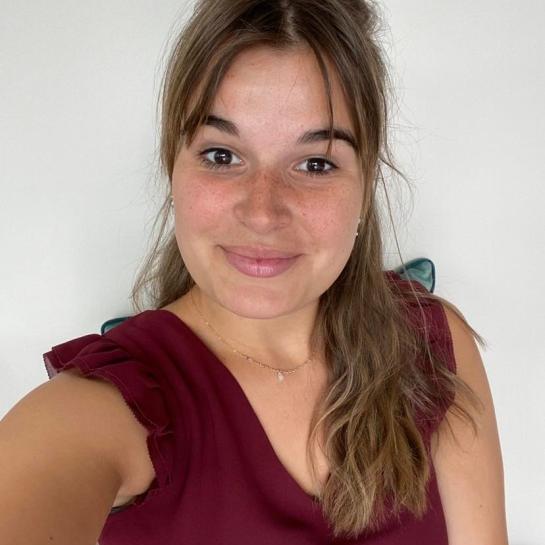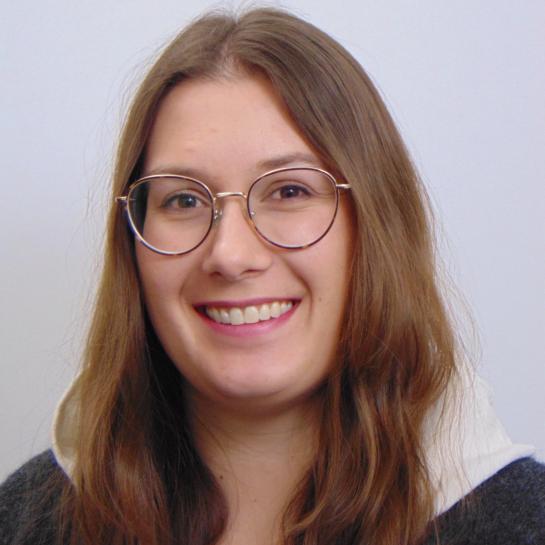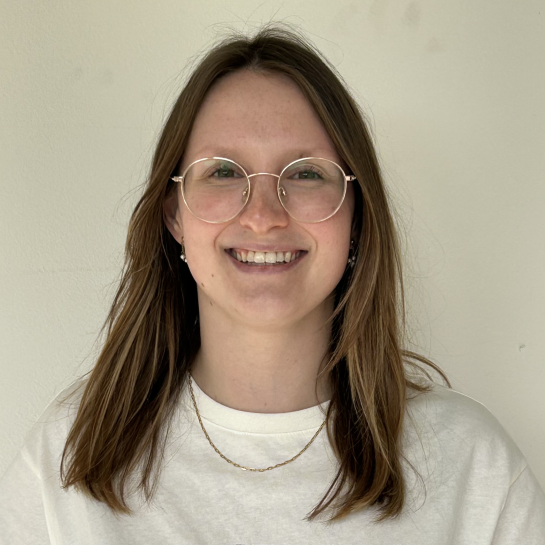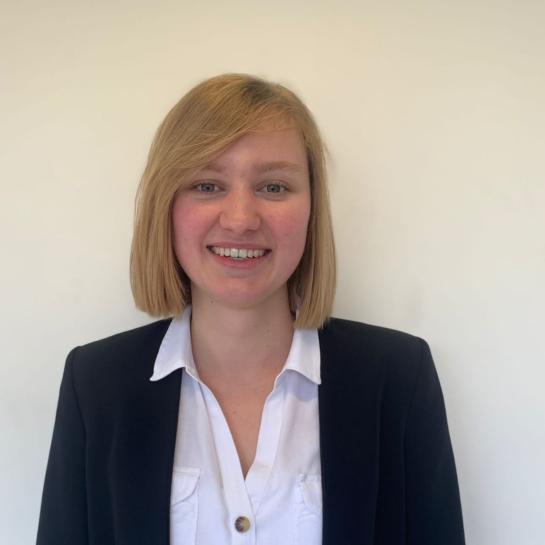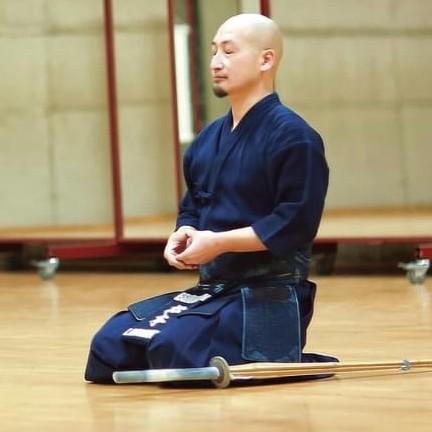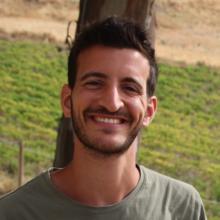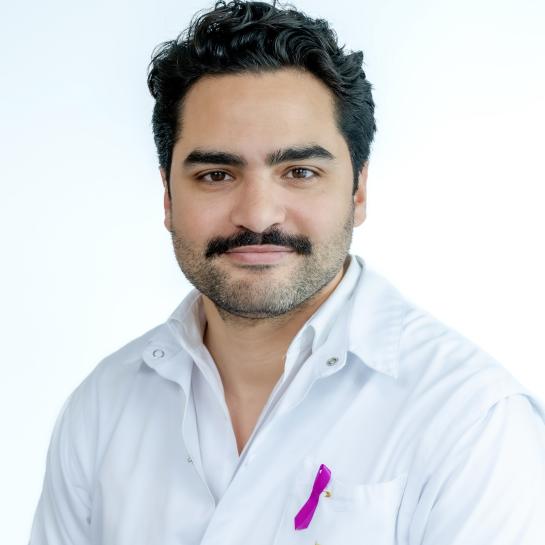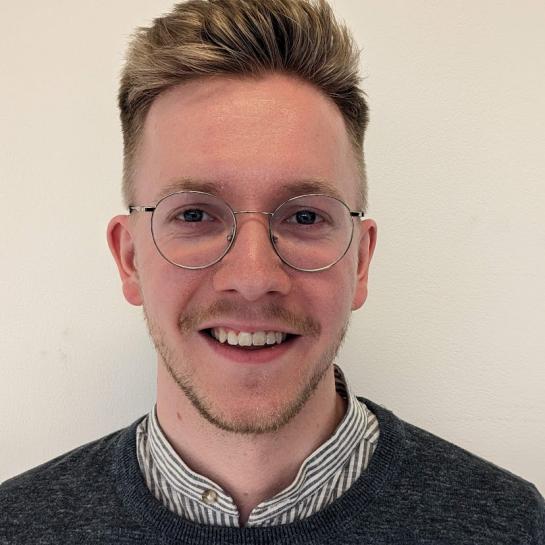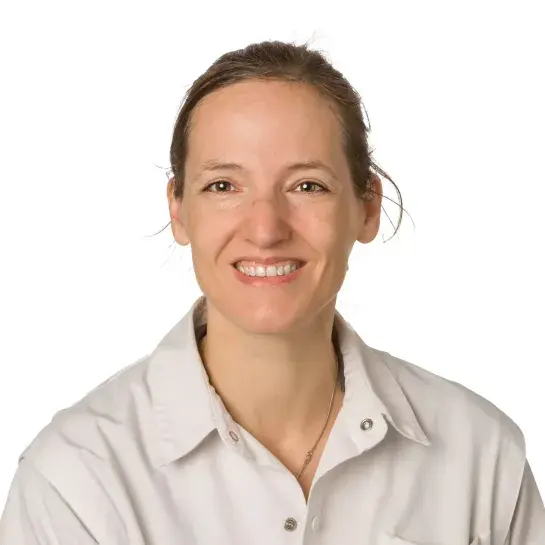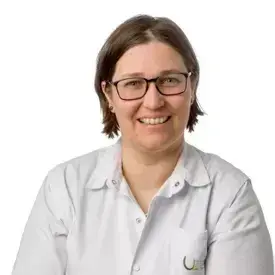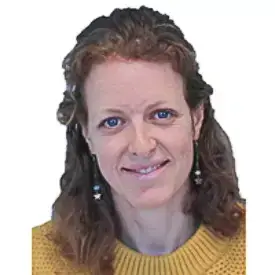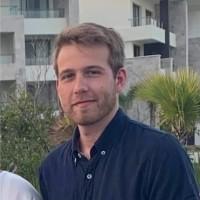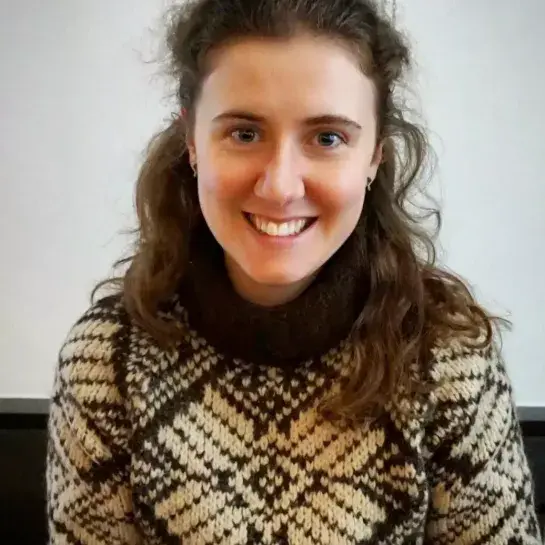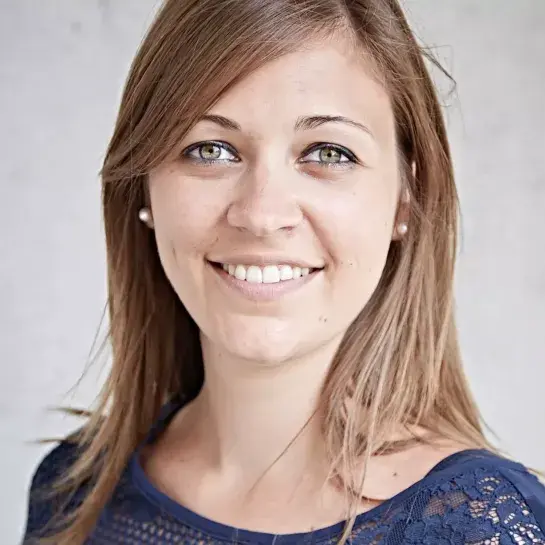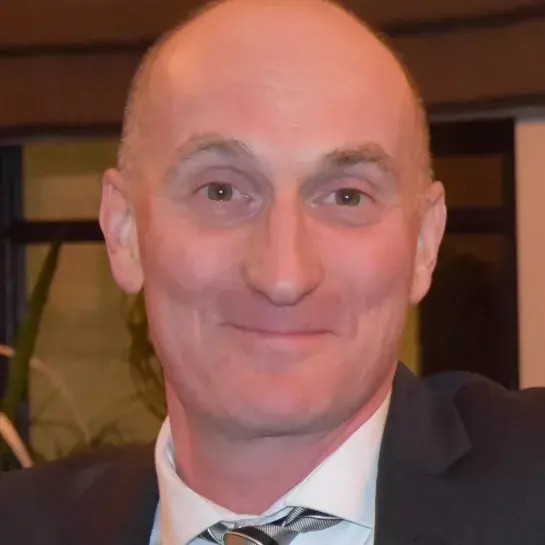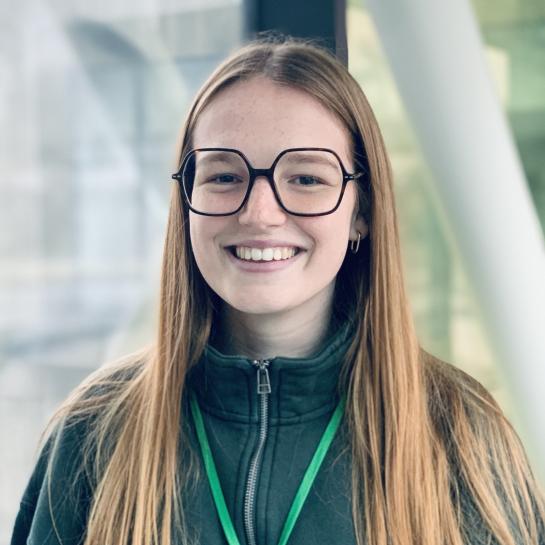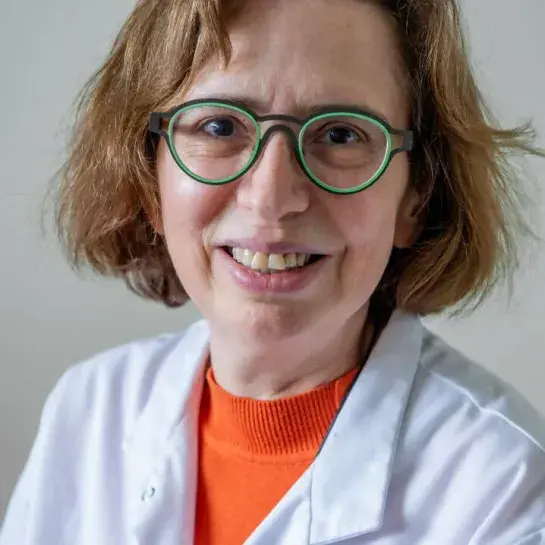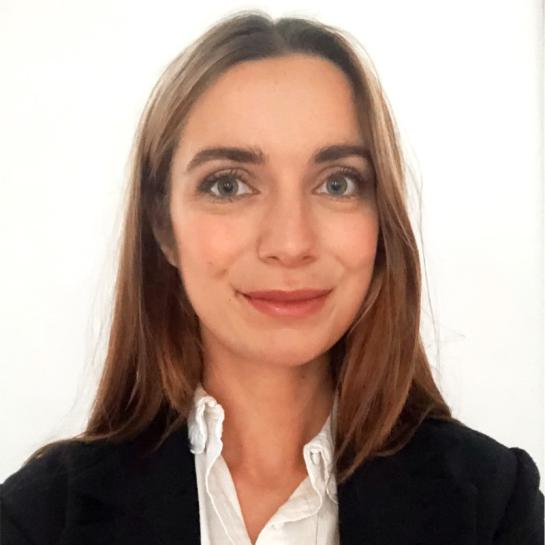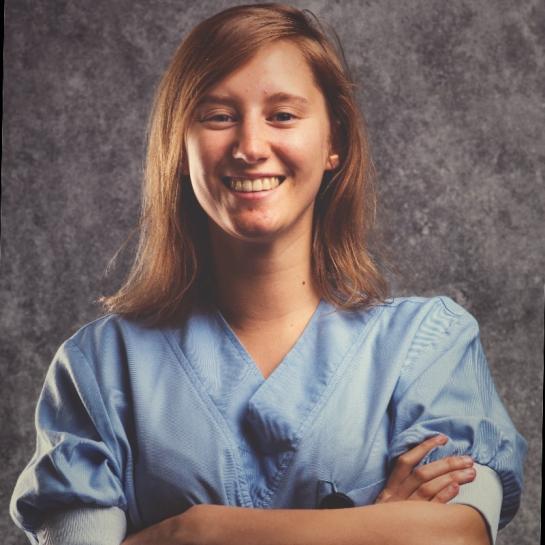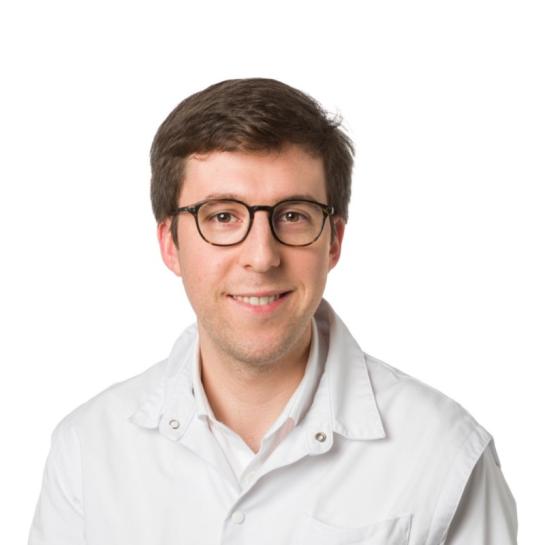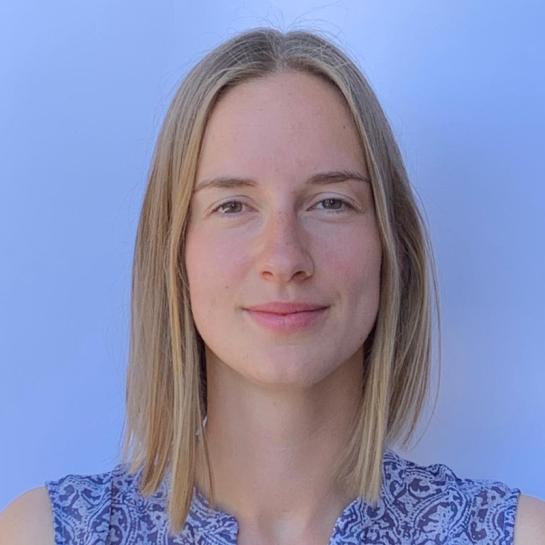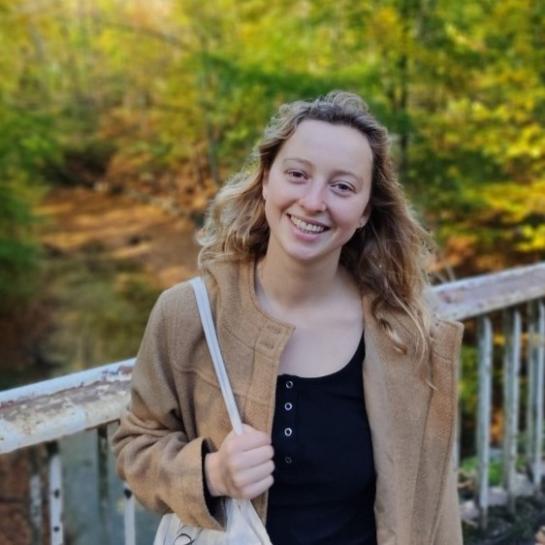The Medical and Molecular Oncology group is a team of researchers of both Vrije Universiteit Brussel (VUB) and the university hospital UZ Brussel.
The main interest and expertise of the team of Prof. Dr. Ilse Rooman lies in the field of cellular plasticity in the pancreas, including pancreatic cancer; Exocrine acinar and ductal cells are the cells of origin for tumor formation. The team studies differentiation changes in these cells or subsets of these cell populations, as precursors to tumor initiation. Recently, their particular attention goes to pancreatic basal cells that they reported for the first time. They relate normal cell plasticity to heterogeneity and plasticity in (the ontogeny of) transcriptomic subtypes of pancreatic cancer. They also study the SLIT ligand-ROBO receptor pathway that presents frequent mutations in pancreatic cancer and study the biology of this pathway and how it endows pancreatic tumor cells with certain plastic behavior, paying attention also to interactions with the immune and non-immune stroma.
The team employs sophisticated techniques, including combined RNA-protein detection, 3D imaging and spatial transcriptomics, to map the spatial organization of various cell types within pancreatic tumors. By studying the distribution patterns and interactions among these cells, they aim to uncover mechanisms that can be targeted for therapeutic intervention.
Overall, Professor Rooman's team is dedicated to translating their findings into clinical applications, striving to enhance early detection and develop effective treatments for pancreatic cancer.
Together with the team of Prof. Dr. Nouredin Messaoudi, they aim to utilize artificial intelligence (AI) to analyze the heterogeneity of pancreatic tumors. By integrating AI-driven multi-omic and radiomic analyses, the researchers seeks to identify novel immunomodulatory targets and develop personalized treatment strategies tailored to specific tumor subtypes. The ultimate goal is to translate these findings into clinical practice, enhancing the effectiveness of immunotherapies for the patients. Furthermore, they are involved in the Artificial intelligence, Radiomics, Genomics, Oncopathomics, and Surgomics (AiRGOS) Project, which aims to develop AI algorithms for precision therapeutic treatments in cancer patients by integrating various data modalities, including radiologic imaging and genomic sequencing.
The team, led by Prof. Dr. Bart Neyns, is committed to advancing oncology research through innovative therapies, like Next-Generation CAR-T Therapy, and a patient-centered approach. By focusing on immunotherapy, precision medicine and targeted therapies, they aim to address some of the most challenging questions in cancer treatment and improve outcomes for patients.
This team is pioneering advancements in targeted therapies, with a particular focus on addressing genetic mutations in melanoma and other cancers. By leveraging BRAF/MEK inhibitors and exploring novel therapeutic combinations, they aim to offer hope to patients with advanced and treatment-resistant cancers.
They are also at the forefront of immunotherapy, developing approaches such as myeloid dendritic cell (MYDC) therapies and checkpoint inhibitors. These innovative treatments are designed to harness the power of the immune system to fight cancer more effectively, offering new possibilities for conditions like melanoma, lung cancer and glioblastoma.
In the domain of precision oncology, they explore the potential of PARP inhibitors for cancers associated with hereditary and somatic mutations in DNA repair pathways. Our research integrates cutting-edge technologies like whole exome sequencing to identify genetic vulnerabilities and develop targeted treatment strategies.
Additionally, the team is expanding the horizons of EGFR-targeted therapies ,Prof. Lore Decoster, investigating novel drugs for cancers driven by mutations in EGFR, HER2, and HER3. They also emphasize the importance of geriatric oncology, exploring ways to tailor interventions for older adults undergoing systemic cancer treatments.
Together with Prof. Dr. Sandrine Aspeslagh, the team also explores the role of a diverse, fiber-rich diet in strengthening the immune system, leading to fewer side effects from immunotherapy and improved patient outcomes.
Prof. Dr. Anne Rogiers’ team focuses on psycho-oncology and neuro-oncology; quality of life, psychosocial outcomes, and neurocognitive functions of cancer survivors, particularly those treated with immunotherapy. They founded the Cancer Survivor Center, aiming to provide integrative programs combining neurocognitive remediation, physical rehabilitation, and psychological support for patients post-treatment
In the next five years, they aim to expand their portfolio of personalized, combinatorial immunotherapies and lead the development of next-generation cell-based treatments. Their vision is to bridge the gap between research and clinical care, setting new standards for effective, sustainable cancer therapies while improving patient outcomes on a global scale.
Furthermore Prof. Dr. Amy de Haar-Holleman, medical oncologist at UZ Brussels, has created “PANSCREEN”: a screening program for people at increased risk of developing pancreatic cancer.
The program, funded by Kom Op Tegen Kanker, aims to study the feasibility and effectiveness of preventive screening for pancreatic cancer.
The screening would start between the ages of 40 and 50 or earlier, depending on family history, and uses MRI and endoscopic ultrasound every six months. Clinical, biological and radiological data will be collected systematically, in collaboration with international research programs.
